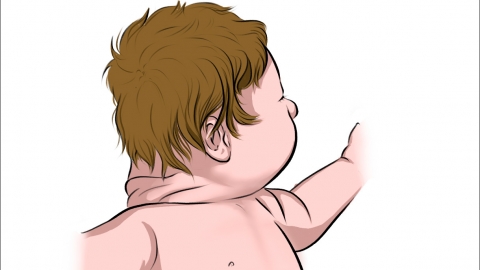Is a borderline risk in Down syndrome screening serious?
Generally, a borderline risk in Down syndrome screening does not mean the fetus definitely has the condition; further examinations are required to confirm the severity. Detailed explanations are as follows:

A borderline risk indicates that the probability of the fetus having Down syndrome falls between high and low risk categories, but it is not a diagnosis. In most cases, further tests such as non-invasive DNA testing or amniocentesis will show normal results, indicating the fetus is unaffected. In such cases, there is no need for excessive concern; simply follow the doctor's recommendations to complete subsequent examinations.
If follow-up tests indicate abnormalities, it suggests the fetus may have Down syndrome. This situation is relatively serious, as Down syndrome can lead to intellectual developmental delays and physical malformations in the fetus, significantly impacting both the family and society. Decisions should be made carefully based on the specific circumstances.
If a borderline risk is identified during Down syndrome screening, timely follow-up tests should be conducted, and appropriate actions taken based on the results. Do not ignore further diagnosis due to侥幸心理 (a false sense of security or侥幸 mentality).





